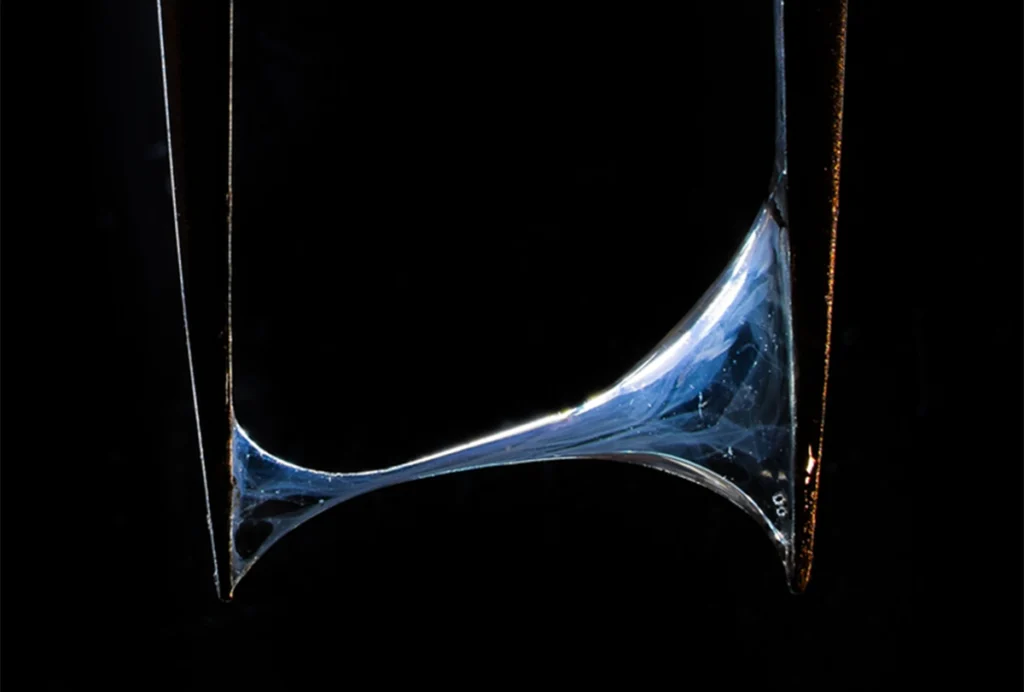Rebecca Horne oversees and directs The Transmitter’s multimedia operations and commissions illustrations, photography, videos and other multimedia content. Prior to joining the team, Rebecca was photography director and photography editor for Discover magazine and The Wall Street Journal, where she won several awards for her work. Originally from California, she has also served as an art producer at the advertising agency Addison Design, a photography producer at Airbnb and the multimedia app Storehouse. She has also taught photography at the California College of the Arts and Rutgers University, and has written on art and science for Wired, CNN, The Wall Street Journal, Nautilus and others.
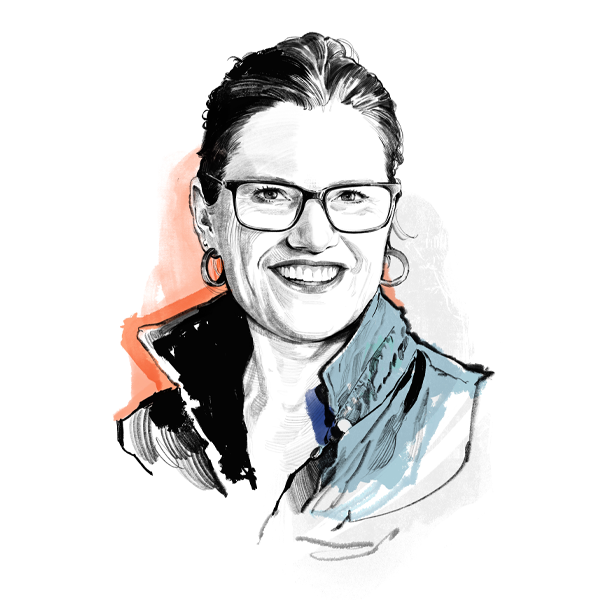
Rebecca Horne
Art director
The Transmitter
From this contributor
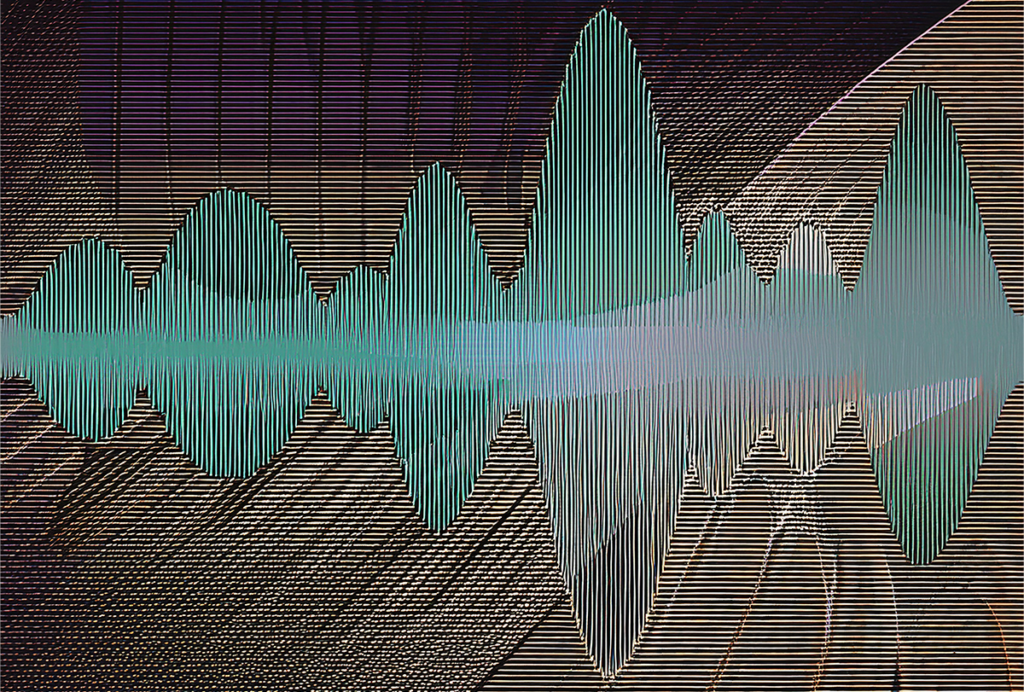
Keeping it personal: How to preserve your voice when using AI
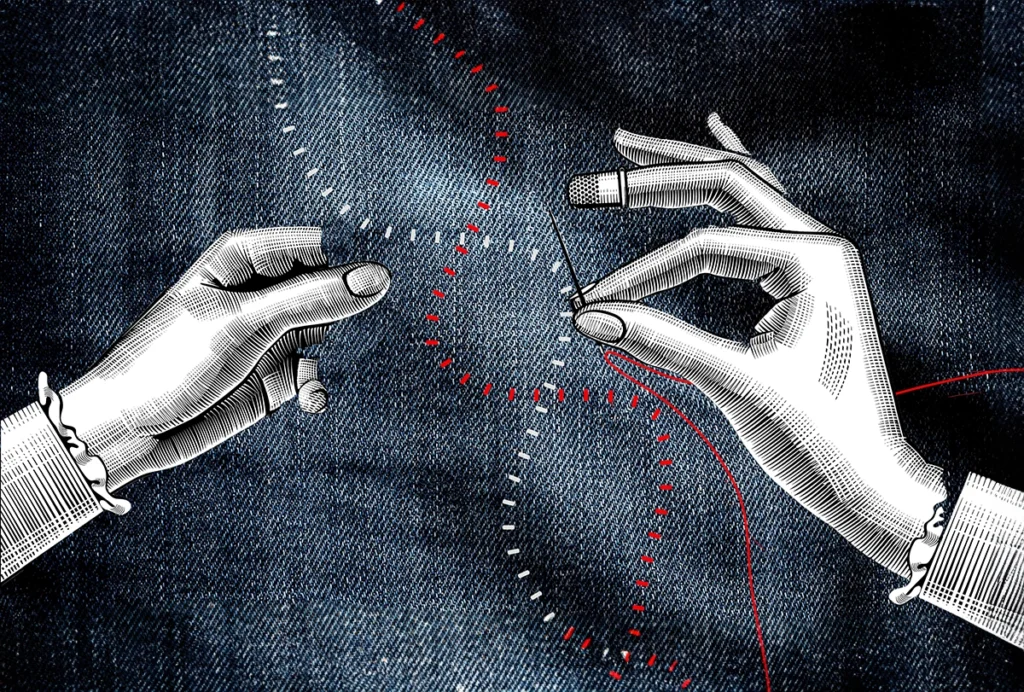
Untangling biological threads from autism’s phenotypic patchwork reveals four core subtypes
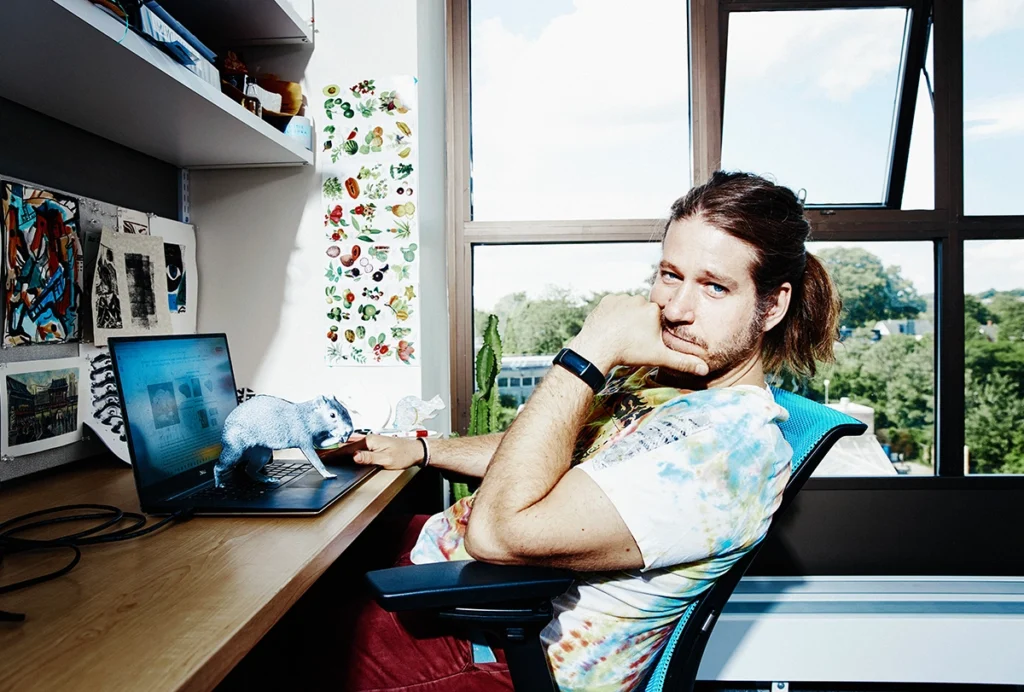
Improvising to study brains in the wild: Q&A with Nacho Sanguinetti-Scheck
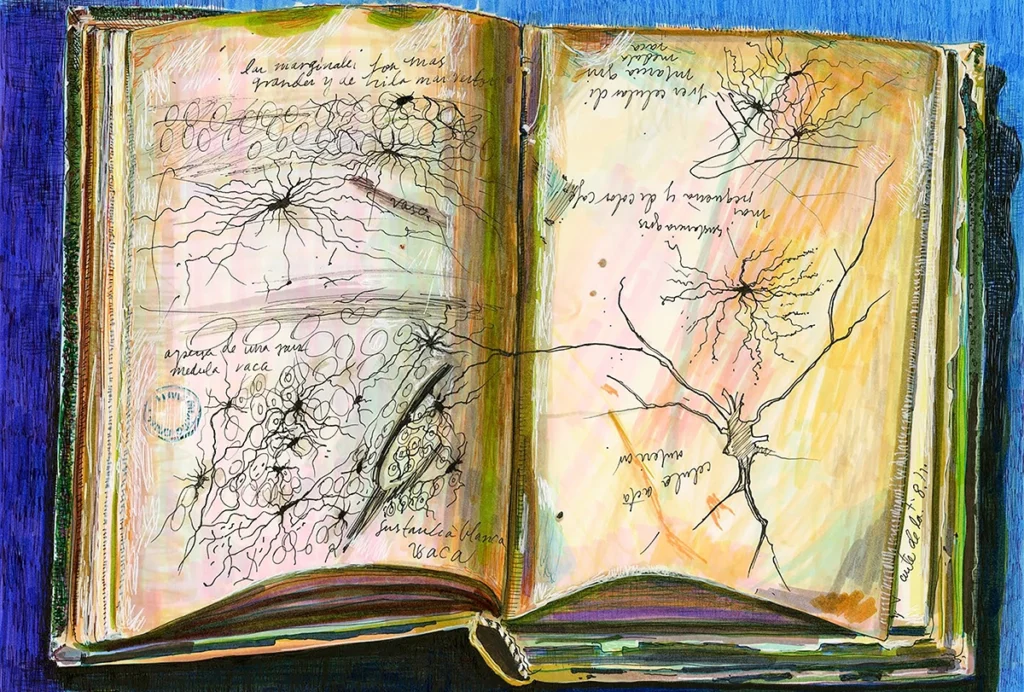
Redrawing Santiago Ramón y Cajal: Q&A with Dawn Hunter
Education
- M.F.A., Rutgers University
- B.F.A., San Francisco Art Institute
Explore more from The Transmitter
Mitochondrial ‘landscape’ shifts across human brain
Evolutionarily newer regions sport mitochondria with a higher capacity for energy production than older regions, according to the first detailed map of the organelles in a tissue slice, adding to mounting evidence that the brain features a metabolic gradient.

Mitochondrial ‘landscape’ shifts across human brain
Evolutionarily newer regions sport mitochondria with a higher capacity for energy production than older regions, according to the first detailed map of the organelles in a tissue slice, adding to mounting evidence that the brain features a metabolic gradient.
Expediting clinical trials for profound autism: Q&A with Matthew State
Aligning Research to Impact Autism, a new initiative funded by the Sergey Brin Family Foundation, wants to bring basic science discoveries to the clinic faster.

Expediting clinical trials for profound autism: Q&A with Matthew State
Aligning Research to Impact Autism, a new initiative funded by the Sergey Brin Family Foundation, wants to bring basic science discoveries to the clinic faster.
This paper changed my life: Shane Liddelow on two papers that upended astrocyte research
A game-changing cell culture method developed in Ben Barres’ lab completely transformed the way we study astrocytes and helped me build a career studying their reactive substates.

This paper changed my life: Shane Liddelow on two papers that upended astrocyte research
A game-changing cell culture method developed in Ben Barres’ lab completely transformed the way we study astrocytes and helped me build a career studying their reactive substates.
